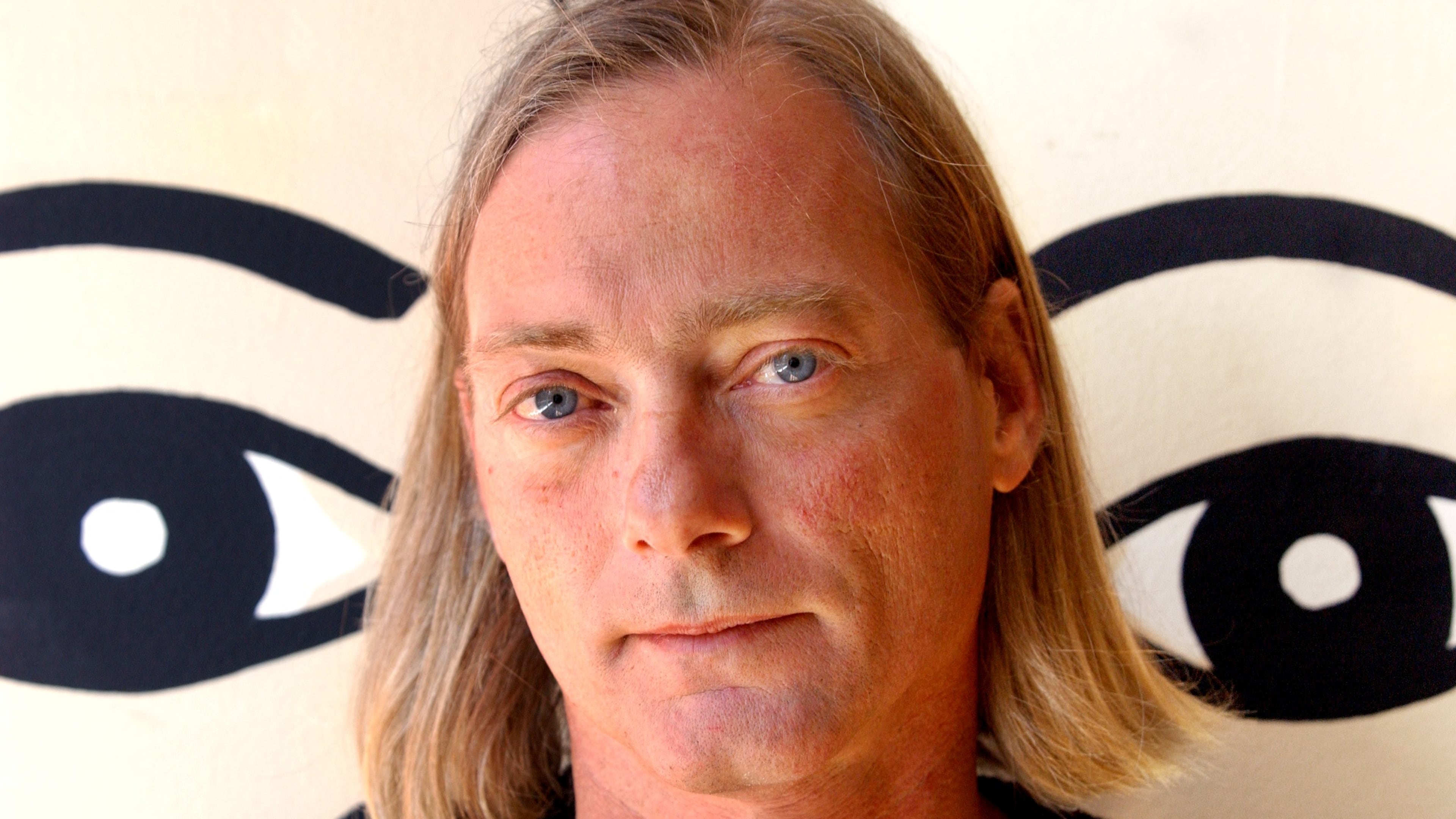The legacy of Mike Lazzo, creator of Adult Swim who recently left

Mike Lazzo, the Atlanta TV executive who came up with the concept of Adult Swim nearly 20 years ago, left WarnerMedia earlier this year. Recently, WarnerMedia announced his replacement: Michael Ouweleen, himself a 20-year veteran at Turner networks.
Ouweleen had been interim head of what is now Warner Bros.’ Global Kids, Young Adults and Classics division which includes Cartoon Network, Adult Swim, Boomerang and Turner Classic Movies. Tom Ascheim, formerly Freeform president, will take over and be Ouweleen’s boss.
Lazzo, a 62-year-old LaGrange native, was considered a brilliant visionary who tapped into the sensibilities of a younger male generation that grew up on animation but wanted programming with more edge.
His first show on Cartoon Network, “Space Ghost Coast to Coast,” in 1994 was a cheap way to make original programming when he had virtually no budget. By cutting up a 1960s-era cartoon superhero Space Ghost and inserting the character into a modern-day talk show setting, he created the first episode for a mere $25,000.
That show led to the creation of Adult Swim itself in 2001, placed in his Williams Street offices across from the Techwood Midtown campus on the east side of I-85, an old rug factory with a shaggy, shabby aesthetic Lazzo loved.
Lazzo, who loved wearing a fishing hat at work, gathered creative Atlantans to develop outside-the-box, low-budget shows such as “Squidbillies,” “Aqua Teen Hunger Force” and “Sealab 2021.” And long before YouTube and Quibi, he generated shows that ran just 15 minutes.
The network was on just part time at first but as its popularity grew among younger males, it ate up more and more hours on Cartoon Network in the evenings. Over time, Adult Swim expanded into live-action shows such as “Tim and Eric Awesome Show, Good Job!” and “Your Pretty Face is Going to Hell.”
Adult Swim, like MTV in the 1980s, became a lifestyle channel. Its sardonic, often absurd “bumps” or video breaks between shows were as celebrated as the shows themselves.
The network also helped revive “Family Guy,” which Fox cancelled, then brought back after Adult Swim fueled the popularity of the repeats.
“It was perhaps equivalent to Heavy Metal in the magazine world in that it created a space for cartoons specifically for adults,” said Anya Martin, a writer who runs website ATLRetro and weird-fiction podcast “The Outer Dark.”
Martin, who did not know Lazzo personally, noted that Adult Swim humor relied heavily on irony, cringe humor and social commentary. Among her favorites: “Venture Bros.” and “Rick and Morty.”
Sonny Del Grosso worked for several years in marketing for Turner, including a brief time with Adult Swim.
“If there’s any one person that embodies Adult Swim, it’s Lazzo,” Del Grosso said. “Nobody else could have launched the network and have it evolve into what it is today other than him. I had little interaction with him. But you didn’t need to have much interaction to get it. You only need see him walk the hallway and you just see it... he is Adult Swim. So what he did was basically just be Lazzo. The authenticity and essence of him is the network.”
Matt Thompson, a current executive producer for FXX’s “Archer,” produced “Sealab 2021” and “Frisky Dingo” for Adult Swim in its early days. “Mike is a genius,” Thompson said. “He created something out of whole cloth that not only changed TV forever, but he changed our culture.”
Lazzo only did a handful of interviews with the AJC in the early years of Adult Swim. In 2001, he said, by focusing on lower-cost programming, “we can place more bets.”
On the 10th anniversary of “Space Ghost Coast to Coast” in 2004, he told AJC reporter Caroline Wilbert his criteria for hiring people at Adult Swim:
“You have to be very interested in popular culture. You should know television and books and movies, media, reading,” Lazzo said. “You should be a reader. You should be curious, I think, is the No. 1 thing. And motivated in a way that you don't need supervision.”
For the Cartoon Network, he also helped develop “The Powerpuff Girls.” And he also created a Toonami block of programming on weekends on Adult Swim, helping popularize animé in the United States.
He did battle controversy in 2016 when Vulture noted how few female writers were on Adult Swim shows with anonymous sources placing the blame on Lazzo.
At the time, only 1 out of 34 writing credits for shows on the air went to a woman.
On Reddit, he first defended himself by saying "women don't tend to like conflict, comedy often comes from conflict, so that's probably why we (or others) have so few female projects."
After a backlash, Lazzo apologized for what he called “a load of generalized nonsense.” And addressing sources complaining that he was unapproachable, he said, “I do sometimes yell and I’m not proud of it.”
Since 2016, Adult Swim has made some progress adding more female voices to its producer mix.


